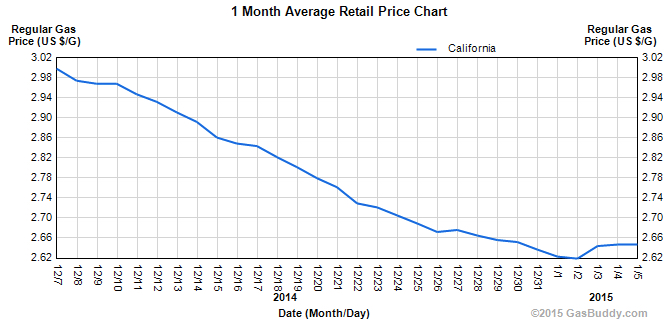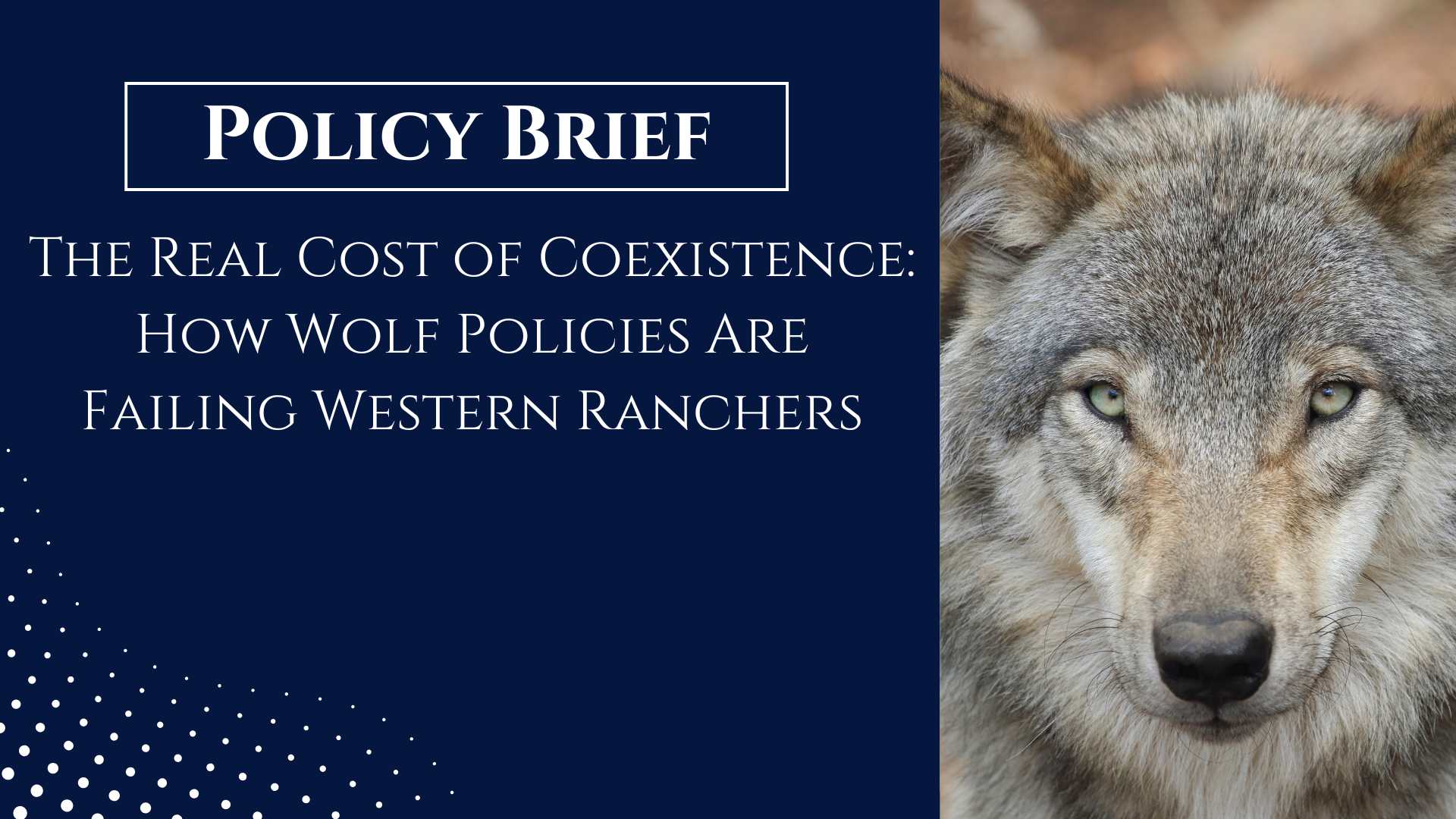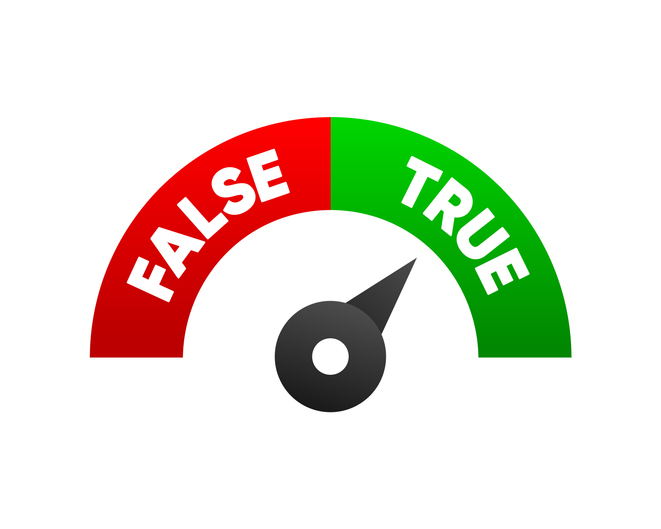Earlier this year, California applied its carbon cap-and-trade system - much like Governor Inslee has proposed - to gasoline sales. There was a great deal of attention paid to how it would affect gas prices.
Over at the left-wing Cascadia Advocate, they cheered in January when the impact on gas prices appeared to be minimal.
 Referencing this chart of gas prices, they wrote: "If you look closely at this chart of the average California gas price, you’ll see a slight uptick at the beginning of January: from $2.62 per gallon to about $2.65 per gallon." They went on to say "It’s possible that the price of gas could rise a bit further, maybe as much as seven more cents a gallon."
Referencing this chart of gas prices, they wrote: "If you look closely at this chart of the average California gas price, you’ll see a slight uptick at the beginning of January: from $2.62 per gallon to about $2.65 per gallon." They went on to say "It’s possible that the price of gas could rise a bit further, maybe as much as seven more cents a gallon."
Their projection for the total gas price increase related to cap-and-trade was about 10 cents.
Now, it has been a few months and we have a better sense of the impact of California's cap-and-trade system. Further, we can compare California's gas prices to Washington's, where we did not implement cap-and-trade.
Looking at the graph on the right, you can see that California (blue) and Washington (red) paid about the same price for gas last December. Like the graph above, you can see the slight price increase that occurred in January when cap-and-trade was first applied. What the other graphic hides, however, is that while California's gas prices went up, Washington's continued to decline and a large gap developed between the two states.
By the end of January, just one month into California's cap-and-trade implementation, California's gas cost 33 cents more than Washington.
That gap has continued to hold. At some points during the year, California was paying about 80 cents more per gallon than Washington. As of last Friday, Californians were paying 36 cents a gallon more than in Washington. California's gas prices have also been much more volatile than in Washington.
Cap-and-trade advocates will have many excuses for this gap, blaming oil companies primarily. But, you can't cite gas prices as evidence in your favor when it works and then claim the same data from the same source are meaningless when they show your claims to be obviously false.
Perhaps most strange is that some on the left claim to believe that cap-and-trade won't increase prices - the basic claim of the Cascadia Advocate blog. Ross Macfarlane (or someone using his name) from Climate Solutions applauded their blog, saying those who claimed cap-and-trade would increase prices have been "proved wrong dozens of times."
But, gas price increases aren't incidental to cap-and-trade. They are the goal. The left wants gas prices to go up. I don't know whether cap-and-trade advocates know this but don't want to admit it or whether they are truly so mystified by economics they actually believe cap-and-trade won't increase gas prices.
Either way, those who claim California's cap-and-trade system is reducing carbon emissions at low cost simply aren't looking at the data.




